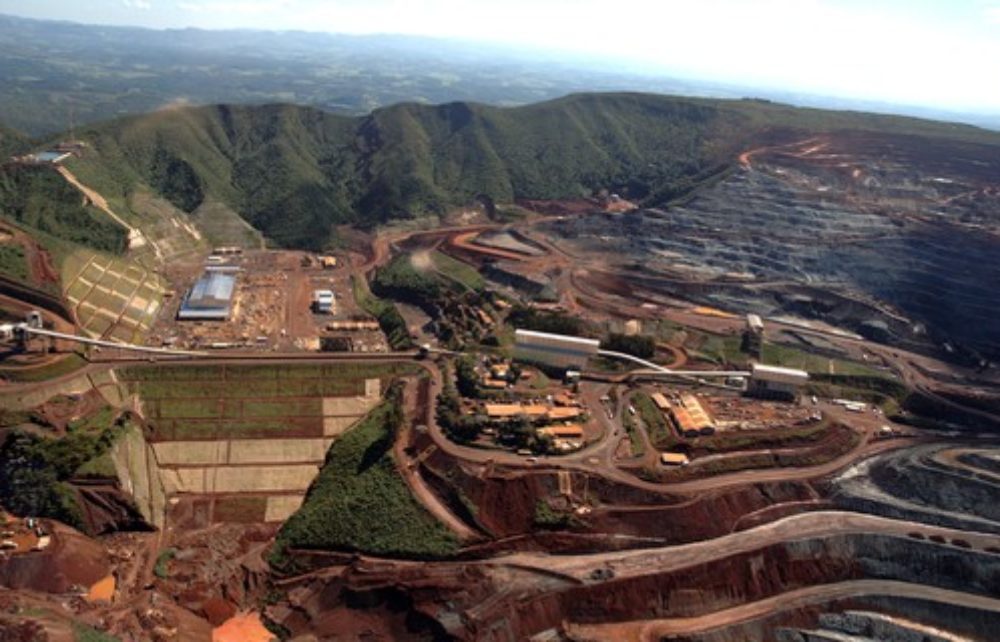Vale, Brazil´s biggest mining group, will sell China this year a volume of iron ore equal to or greater than that of 2019, according to Marcello Spinelli, executive director of ferrous metals at the mining company. The company has been plagued in by exporting difficulties caused by the Covid-19 pandemic in Brazil.
In an interview with Brazilian newspaper Valor, Spinelli also stated that the company’s production target for iron ore remains unchanged over a range of 310 million to 330 million tonnes in 2020.
“Vale is going to offer [a volume] equal to or greater than that of 2019 to China this year,” said Spinelli. Last year, the mining company sold 312.5 million tons of iron ore and pellets, with China accounting for 190.2 million tons or 61% of the total. China is by far the company’s main market.
Spinelli stated that the company’s production target for 2020 considered Covid-19 as one of the elements of risk. But he said the company has shown “ability” to manage that risk so far. Another risk factor considered was the return to production of mines that were stopped after Brumadinho. Also included in this analysis is the fact that the pandemic could delay the resumption of operation of some mines in Minas Gerais state.
Growing concerns about the new coronavirus in the country have led market agents to question whether there may be a limitation in the supply of iron ore in Brazil. And this uncertainty has helped to boost iron ore prices, which closed yesterday at $ 100 a ton.
At the end of April, when disclosing the balance sheet for the first quarter, Vale announced a revision of its production target for the year, between 310 million and 330 million tons (before this projection was 340 million to 355 million tons). The change incorporated the potential impacts of covid-19.
In the interview, Spinelli added, however, that there are other elements, in addition to covid-19, that play an important role in the relationship between supply and demand in China, where the price of iron ore is formed. These factors have contributed to keep iron ore prices high. China resumed economic activity after the country’s coronavirus outbreak, Spinelli said.
He cited examples of this Chinese recovery: historical records in terms of daily steel sales and the level of use of steelmakers’ blast furnaces, which also reached a record rate of 92.6%. Iron ore inventories have been dropping at Chinese ports and reached 107 million tonnes, levels similar to those of 2016. The difference is that that year stocks were available at ports, while today Vale uses terminals in Asia to make mixtures (blends) of different products in terms of quality (iron content).
In Spinelli’s view, there will be a shift in the supply of iron ore from other markets, whose steelmakers have reduced production – such as Europe, for example – to China. This is because post-covid Europe’s recovery is not expected to have the same speed as China.




